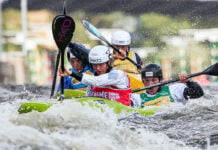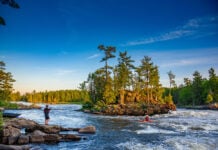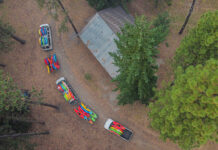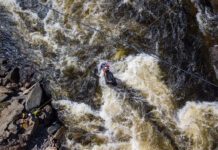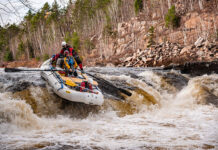As an aging athlete sliding down the backside of my glory days, the role numbers play in claiming oneself an enthusiast in any activity is not lost on me. I have 15 years worth of recorded training data for bike and cross-country ski racing, including distance, time, heart rate and power output. These numbers, when tracked, indicate form and direct performance improvements. These numbers tell me where I am and where I need to go if I want to get better at my sport.
I’m not alone in this. Witness the Fitbit or Apple Watch activity sensor craze, the prevalence of GPS trackers, sleep monitors, power meters, and all manner of measurement tools for life. Witness the explosive popularity of people testing themselves in triathlons, adventure races, marathons and similar competitive events. Witness the craze of apps like Strava, where weekend warrior athletes compete on hometown, crowd- sourced, GPS-recorded and timed routes. Real-time results are posted online. There is no entry fee, no prizes.
Almost none of this applies to whitewater paddling. No measurement tools, no participation-based competitions, no Strava routes to test one’s self.
All of this occurred to me while watching the ICF World Freestyle Kayak Championships, which took place on my home river this past summer. While the finals were exceptionally exciting, it was mostly spectacle rather than intelligible competition.
Even after decades on the river, the scoring of a high-intensity freestyle run remains a mystery. As with any judged event, there are limitations to what can be understood from the riverbank, especially when the moves being performed have little to do with what the average paddler does when they run a river themselves. This leaves the top end of our sport detached from its participant base, and where our lack of numbers becomes a problem.
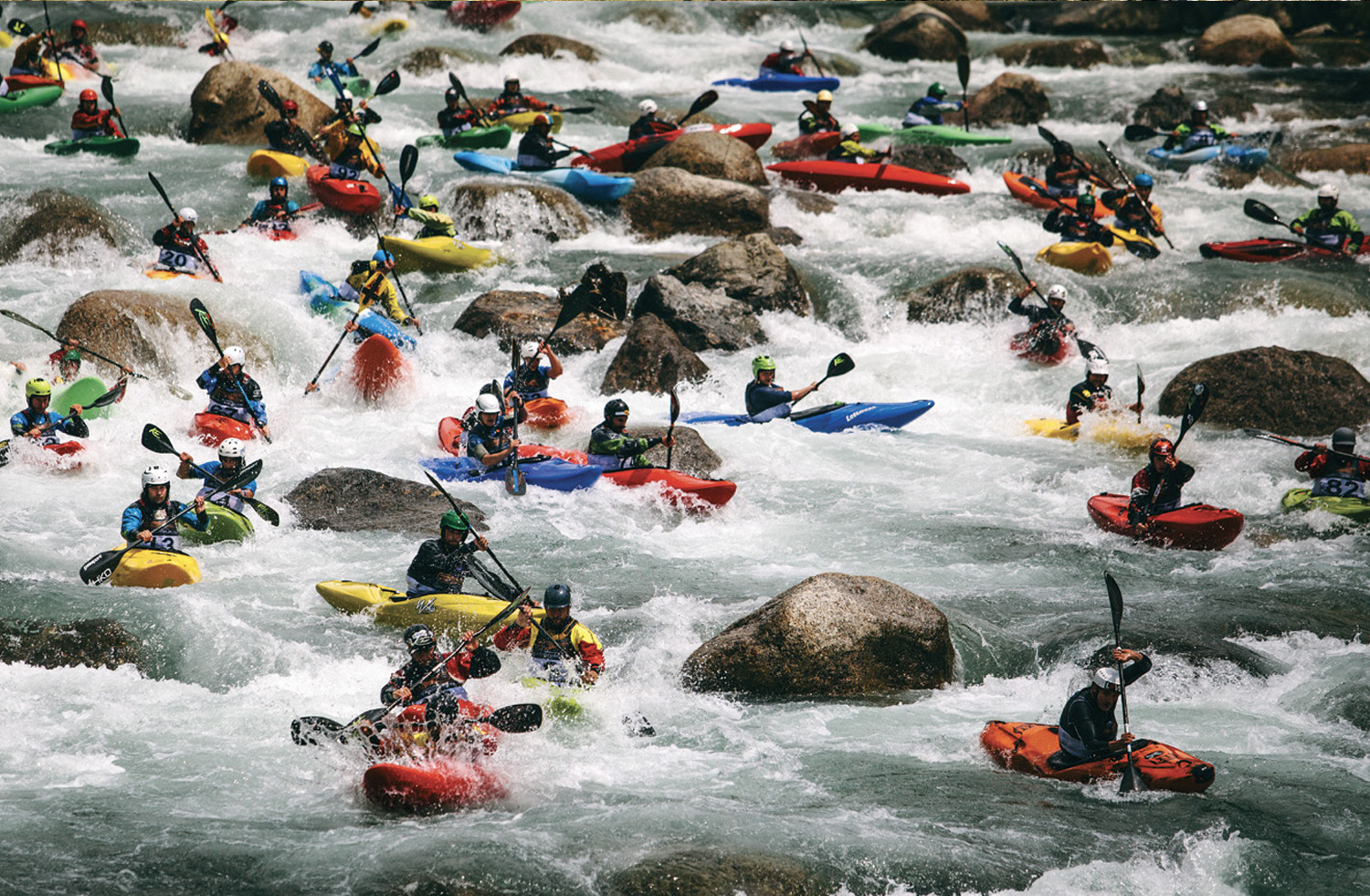
HOSTING THE MASSES
Baseball and hockey fans track statistics and join fantasy leagues and pools, which serve both as a means of connecting to the elite of their sport, and also motivating their own participation at a recreational level. That surfing, road cycling, mountain biking and ski racing are the new boom in fantasy leagues points to the desirability of this connection even in niche action sports like ours.
The fact is, there isn’t an equivalent whitewater participation-based competition structure that feeds paddlers upwards. Competition and whitewater are not mutually exclusive—slalom has been an Olympic event for more than 40 years. Unfortunately, slalom has utterly failed to capture the imagination of most North American river runners, and freestyle kayaking has yet to find a formula that appeals to recreational play boaters.
The rise in downriver racing showed great promise, but it collectively skipped attracting mass participation by largely focusing on class IV and V high-stakes runs. That has alienated the class III recreational participant who is the bread-and-butter of this sport. This is no structure for growth.
What we need are competitive events that are targeted to class III paddlers. One-time avid paddlers who have left the river to race the clock in a marathon or go elbow-to-elbow on a bike may find themselves drawn back. Perhaps slalom gates that are wider than shoulder width apart, timed river runs that don’t require risking ones’ life and fun-for- the-whole-family events can build the mass that is required for hosting participation events.
We need opportunities to turn our sport into a participation pyramid rather than the narrow and sketchy ladder to the top that it is now.
Jeff Jackson is a professor at Algonquin College and focuses his research on risk management. Alchemy is a regular column in Rapid magazine.

Subscribe to Paddling Magazine and get 25 years of digital magazine archives including our legacy titles: Rapid, Adventure Kayak and Canoeroots.



